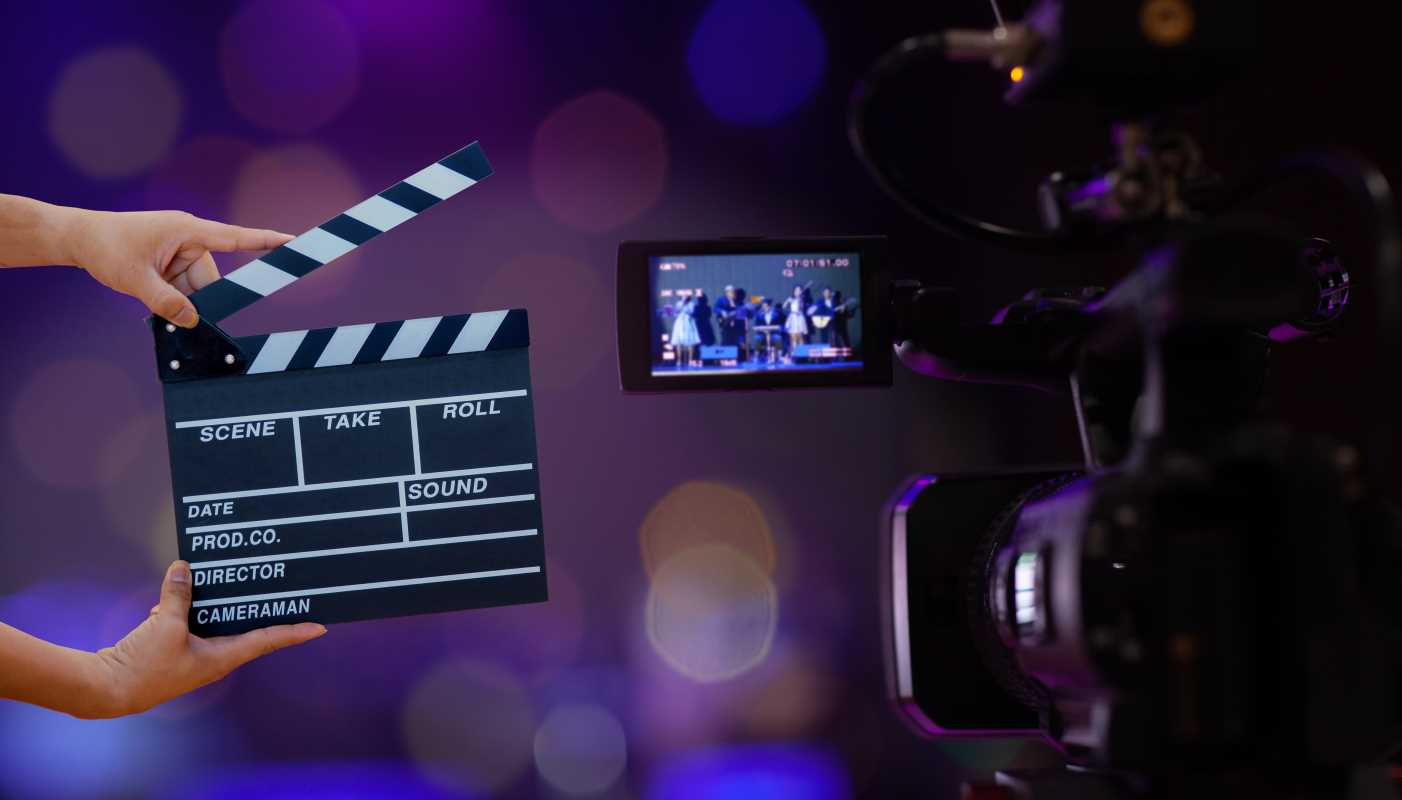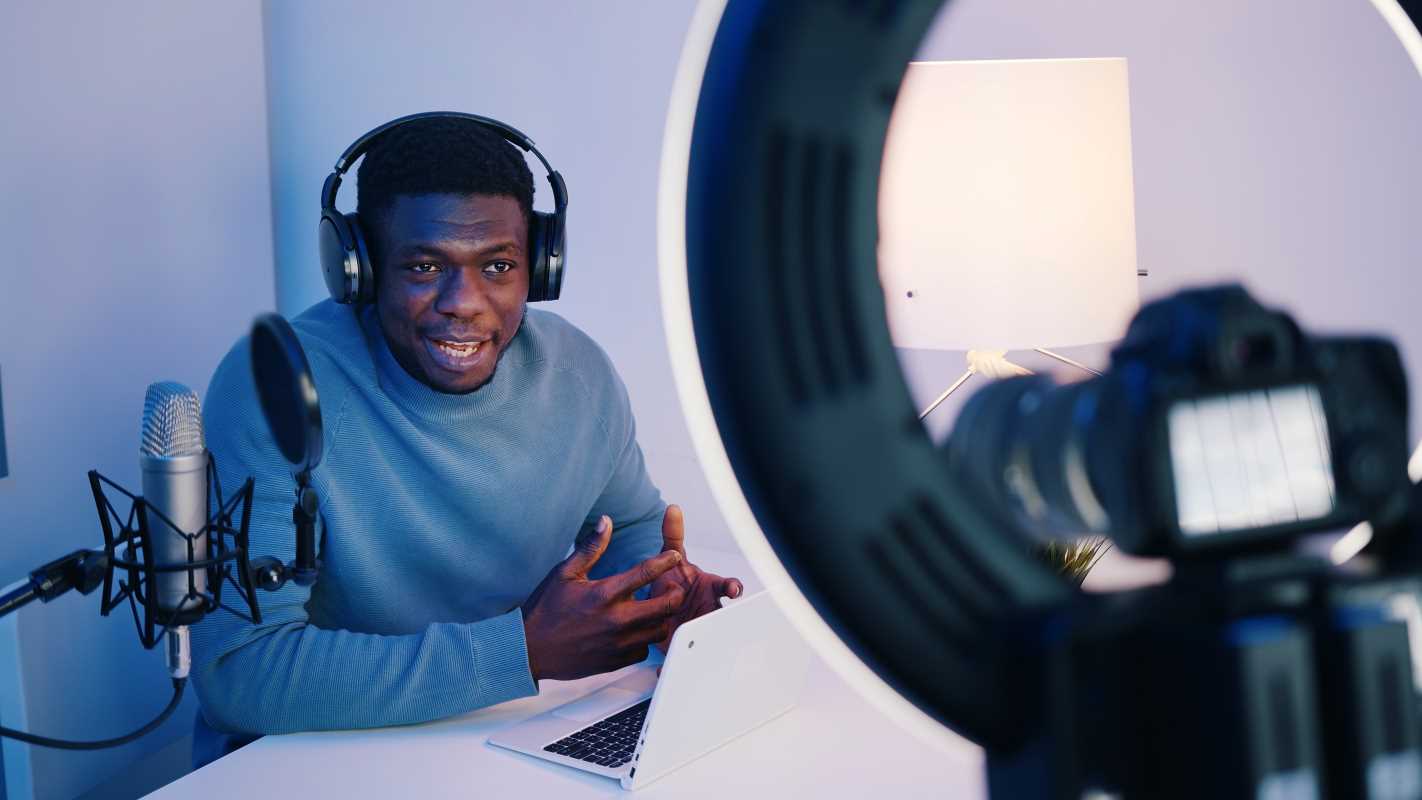Podcasts have become a powerful medium, influencing millions of listeners daily and shaping public opinion on everything from politics to culture. For younger audiences, podcasts are especially significant, as they often replace traditional news outlets as primary sources of information. However, a particular wave of podcasts, hosted by well-known personalities like Joe Rogan, Charlie Kirk, and Candace Owens have garnered attention for their controversial impact. These shows are known for amplifying divisive topics and narrow-minded viewpoints while often presenting their ideas in a way that can be detrimental to young listeners.
Platforms like Spotify, YouTube, TikTok, and other podcasting networks allow these voices to reach young people directly. For impressionable listeners, the combination of casual conversation with persuasive rhetoric and consistent messaging can leave lasting impressions.
Key Figures in Controversial Podcasting
Each host on this list brings a unique style and following, but the themes across these shows often overlap suspicion of mainstream media, skepticism toward scientific consensus, and a disdain for opposing political ideologies. Let’s break down some of the more influential names and how their content might shape young minds in a negative way.
1. Joe Rogan
Joe Rogan’s podcast, The Joe Rogan Experience, is a mix of interviews with scientists, comedians, and cultural figures, but it has also been criticized for spreading controversial and unverified information. Rogan’s relaxed, open-to-all-opinions approach may make it easy for young listeners to take certain guests’ views as fact. Topics around COVID-19 skepticism and political polarization have drawn criticism, with experts claiming that Rogan’s platform sometimes promotes ideas that lack scientific grounding or are outright conspiratorial.
2. Ben Shapiro
As the host of The Ben Shapiro Show, Shapiro is known for his sharp rhetoric and unapologetic conservative views. His rapid delivery style and assertive tone can come off as authoritative, making it difficult for younger listeners to question his viewpoints.
Critics argue that Shapiro’s content often reduces complex social issues to overly simplistic and divisive conclusions, fostering an “us vs. them” mentality that leaves little room for nuance. This type of messaging can encourage youth to develop combative, polarized perspectives on social and political issues.
3. Charlie Kirk
Charlie Kirk’s podcast, The Charlie Kirk Show, emphasizes conservative values while frequently criticizing progressive movements. With his organization, Turning Point USA, Kirk has already established a presence among young people on college campuses, using the podcast to expand his influence further.
The show’s antagonistic framing of current events, often using phrases like “saving America from the left,” has raised concerns about how young listeners might adopt a hyper-partisan worldview, limiting their ability to critically evaluate diverse opinions.
4. Tucker Carlson
Known for his primetime presence on Fox News, Tucker Carlson Today brings his contentious views into the podcasting space. Carlson’s style often appeals to emotion, focusing on issues like immigration and political correctness in ways that spark fear and suspicion.
For young listeners, Carlson’s distrustful take on mainstream media and government institutions can lead to cynicism and reluctance to engage thoughtfully with societal challenges. By amplifying ideas of cultural decline and “attacks” on American values, Carlson’s podcast can promote a pessimistic outlook on the world.
5. Candace Owens
As one of the more vocal conservative voices, Candace covers cultural and political topics with a confrontational style. Owens is known for her critiques of progressive movements, often labeling them as harmful or misguided. Her approach to topics like racial justice and gender issues has drawn criticism for being dismissive of systemic inequalities, which may shape young listeners’ views on these complex matters.
Critics argue that her perspectives, delivered in a compelling and confident manner, risk oversimplifying issues for youth who may lack the background to critically analyze her claims.
6. The Laura Ingraham Show
Though Ingraham primarily appears on Fox News, The Laura Ingraham Show expands her conservative messages to a younger, podcast-based audience. Ingraham’s content frequently targets issues like “woke culture” and immigration, often framing them in a negative light.
Many argue that her portrayals contribute to divisive narratives, shaping young listeners’ views on marginalized groups or progressive ideologies in ways that may discourage empathy and open-mindedness.
7. Whatever Podcast
The Whatever Podcast differs slightly from the other entries as it often discusses social issues like dating, relationships, and societal trends. However, critics argue that its messaging tends to adopt a highly gendered, often derogatory tone, particularly in discussions about women.
The podcast’s casual conversations about controversial social topics can influence young listeners, especially those navigating their own understanding of gender roles and relationships. This type of content can shape unhealthy attitudes, fostering a dismissive or adversarial view of certain social dynamics.
8. Sargon of Akkad (Carl Benjamin)
Known for his YouTube channel and podcast, Carl Benjamin, commonly known as Sargon of Akkad, engages with political and cultural issues from a libertarian and anti-progressive standpoint. His content often critiques social justice movements and mainstream media narratives. For young audiences, his analytical approach combined with a confrontational tone can be appealing, yet it may also encourage skepticism towards progressive ideologies without promoting balanced discussion.
9. Jordan Peterson
A former psychology professor and clinical psychologist, Jordan Peterson gained prominence with his critiques of political correctness and his advocacy for individualism. Through his podcast and public speaking engagements, Peterson addresses topics like personal responsibility and the importance of free speech. His articulate style and academic background attract many young listeners, yet his views can polarize audiences, sometimes simplifying complex societal issues into binary arguments.
10. Andrew Tate
Andrew Tate, a former professional kickboxer turned influencer, is known for his controversial takes on masculinity and success. His podcasts and social media presence often promote hyper-masculine ideals and material wealth, resonating with young men seeking guidance on self-improvement. However, critics argue that Tate's content can perpetuate toxic masculinity and unrealistic expectations, potentially skewing young listeners’ understanding of gender roles and personal success.
How These Podcasts Shape Young Listeners
For younger audiences, consuming content from these podcasts can lead to a narrow, one-sided perspective on current events and societal issues. While diverse opinions are healthy, these shows often fail to provide balanced viewpoints, presenting only the extremes of debates rather than encouraging nuanced understanding. By reinforcing ideas that are overly partisan or fear-inducing, they can create a culture of “echo chambers,” where youth only seek out information that aligns with their views, limiting critical thinking.
Moreover, the way these podcasts present social and political issues can promote cynicism and distrust in institutions, contributing to an increasingly polarized society. Without access to well-rounded information or encouragement to question all viewpoints, young people may internalize ideas that can lead to harmful attitudes and beliefs.
The Importance of Critical Evaluation
As with any media consumption, it is crucial for young listeners to evaluate the content they engage with critically. Parents and educators should encourage discussions that challenge these ideas and promote understanding of diverse perspectives.
By promoting critical thinking skills, young people can better navigate the vast array of opinions in the podcasting world, developing a more nuanced and informed outlook on social and political issues. Open discussions about the content they consume can further promote the understanding that all viewpoints, even popular ones, deserve critical evaluation.
 (Image via
(Image via




